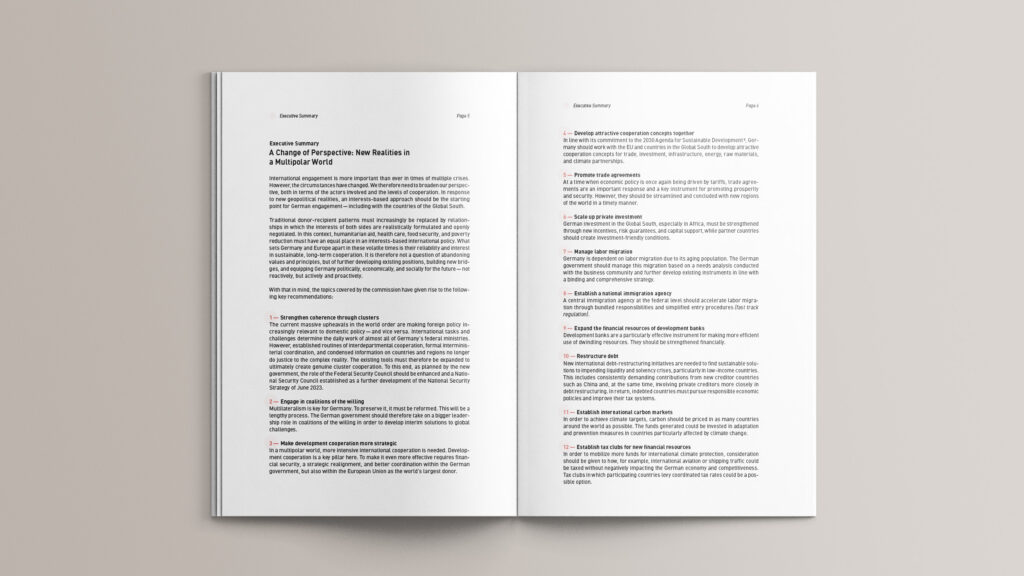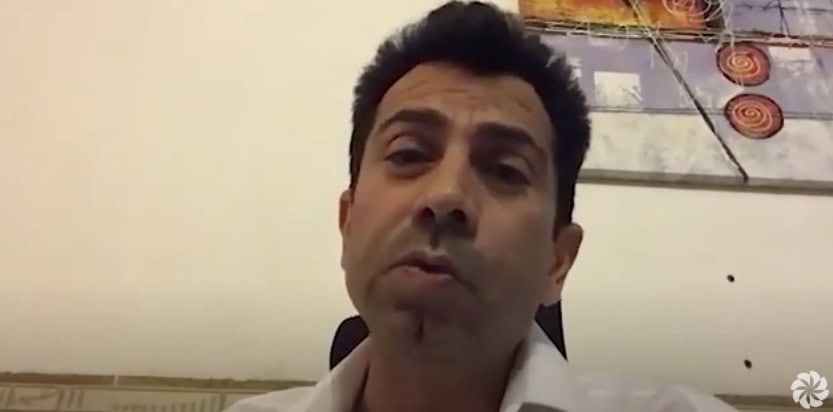Salon
Women in Conflict and Peace Building
Why Protection and Participation are Key
Salon: Women in Conflict and Peace Building
June 18, 2021
online / via Zoom
Between 1992 and 2018, women made up only 13% of negotiators, 3% of mediators and 4% of signatories in major peace processes. In 2000, the United Nations Security Council recognised the gendered impact of war with Resolution 1325. The Women, Peace and Security Agenda is considered a milestone in the pursuit of gender equality and inclusion in conflict and peacekeeping. However, progress and implementation have been slow, hampered by continued militarisation, a general climate of repression of women’s human rights and a lack of accountability.
Action Recommendations
Quotas as Door Openers
Ilwad Elman called on the international community to "introduce and support quotas for the direct and equitable participation of women in all phases of formal peace and political transformation processes". In many cases, quotas open doors for women. Making them a condition of UN financial commitments to governments could be a viable approach, Ilwad Elman and Ambassador Heusgen agreed.
Parallel Investment
Dr. Christoph Heusgen made it clear that the UN can set principles and standards and draw attention to a problem. These should then be implemented on the ground in the conflict in question. The sovereignty of nations and elected governments often stands in the way. Both speakers agreed that parallel investment in institutions and systems, as well as in civil society, popular movements and civic education, is important to enable people to hold their government to account during its term of office and to advance the democratic process.
To mark the International Day to End Sexual Violence in Conflict, we highlighted the remarkable work of women for peace and security. Together with our two panellists, we discussed what action the international community needs to take to end gender-based violence and improve women’s participation in peace processes. Supporting women- and youth-led initiatives such as the African Women Leaders Network, the Elman Peace Centre and the Principles for Peace Initiative is crucial to harnessing local expertise and bridging the gap between global resolutions and indigenous, traditional and local best practices for inclusion.
In conversation with...
Contact Persons
Gregor Darmer, g.darmer@globalperspectives.org
Supported by
Salon
Continuous dialogue creates awareness for the urgent questions of our time. In salons, renowned experts open the discussion with our selected guests from business, politics and society.
Program Archive
This interview publication reviews the effects of recent cuts in reproductive health, presents practical options for funding and service delivery, and offers guidance for policymakers and investors.
Africa’s critical minerals are essential to Europe’s future, playing a significant role in the green transition and industrial competitiveness. The Follow-Up to the 9th edition of the Roundtable.
In the ninth edition of the Africa Roundtable, we discussed how Europe and Africa build partnerships that turn Africa's raw material wealth into local value creation.
This paper explores how Africa can add value to its critical minerals, boost local processing, and drive green industrialization while strengthening regional and global supply chains.
We discussed with State Secretary Niels Annen how development policy can be integrated into networked foreign, security, and economic policies.
US tariffs changes are causing new uncertainties in global trade. Together with ONE and Pinelopi K. Goldberg, we discussed how international development policy needs to be realigned.
As traditional trade relations shift, strengthening local value chains, enhancing trade agreements, and mobilizing private capital are key to building more resilient and mutually beneficial economies.
Our speaker James Irungu Mwangi shared his perspective on how to accelerate climate action and investment across Africa. Together, we discussed what it will take to mobilize the green finance needed.
Germany is a country of immigration. Building on our Commission's recommendations for action, we discussed ways to better manage and communicate labor migration.







